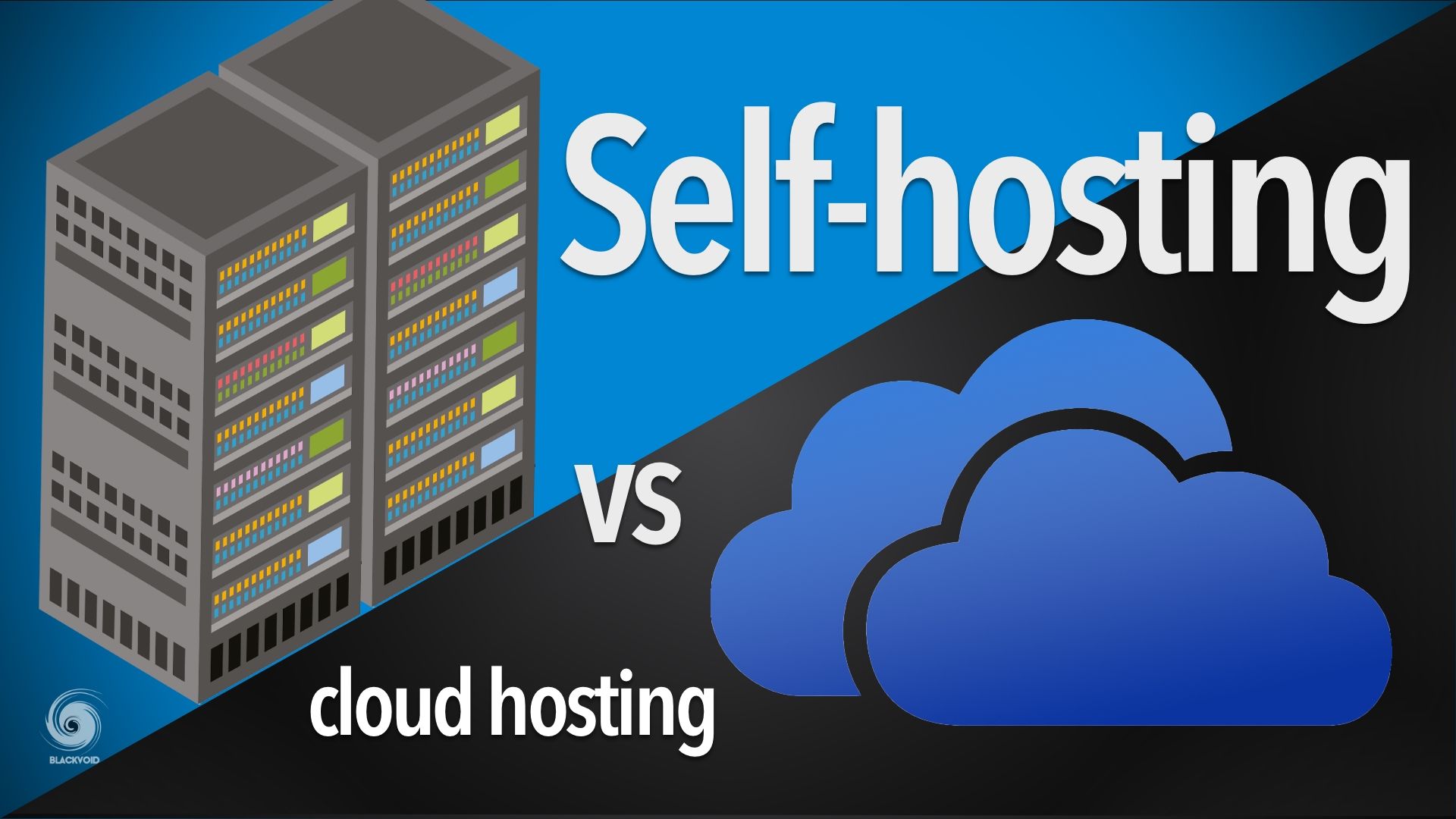I believe I'm at 42 Docker containers now, lol. Some of the notable ones:
- Plex
- Vaultwarden
- Home Assistant (plus Node-RED, zwave JS, and mqtt)
- NPM
- Pihole
- All the "arr" stuff
- Nextcloud
- Portainer
- FreshRSS
There is a lot of support stuff too like MariaDB and orbital-sync.
I'm going to be working on Lemmy when I get back from vacation but I leave in like 2 hours so that's going to have to wait, lol.
By in large, the docker makes it stupid easy for the vast majority of my containers and portainer makes it even easier since you can manage everything through a web UI.
